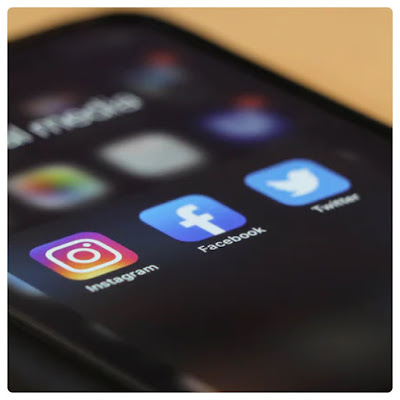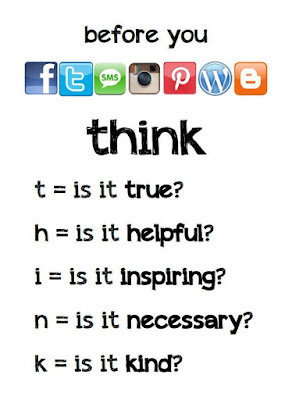As a former ‘90s kid, I was fortunate to experience what life was like before the internet and smartphones became things that would change our lives forever. Back then, there was a certain level of anonymity that existed that I believe made the world a better place. Everyone didn’t know so much about you or your life. People also didn’t seem as divided or as emotionally heightened as they are now. Just take a moment to think about some of what you’ve seen in your social media feeds, and you’ll see what I mean. Recently, I started unfollowing different social media accounts that weren’t encouraging, inspiring, or good for my mental health and spiritual well-being. And I’ve also stopped following people who don’t communicate or interact with me and post things that have been negative, triggering, obnoxious, and unnecessary. I often wonder why we stay connected to certain people, and I also wonder how much our online behavior would change if we didn’t have an audience.
Who would you be without an audience? Think about it.
Furthermore, do you even question or think about what you’re posting before you even post? If you didn’t have an audience, you probably wouldn’t post or share as much. You might grow to learn that you prefer to keep a lot of things to yourself. I always keep in mind that social media is merely a tool. I believe its original intent was to connect us with one another and allow us the opportunity to communicate in new ways. And while I enjoy connecting with others through photographs, writing, and blogging, I can’t help but notice how different social media platforms have turned into a bit of a circus filled with pointless rants, competitiveness, and oversharing. I’m active on Facebook and LinkedIn and have often contemplated deleting my accounts. If I wasn’t a writer with a following, I would probably get rid of them altogether.
If you're going to be on social media, I encourage you to have a wise approach to it. Check in with yourself about why you use it in the first place. Take a look at your accounts, pay attention to who and what you're following, and then start making changes you believe are necessary. You can tailor your newsfeed as you'd like, you can decide who to follow and unfollow, and you can set boundaries with the amount of time you spend online.

